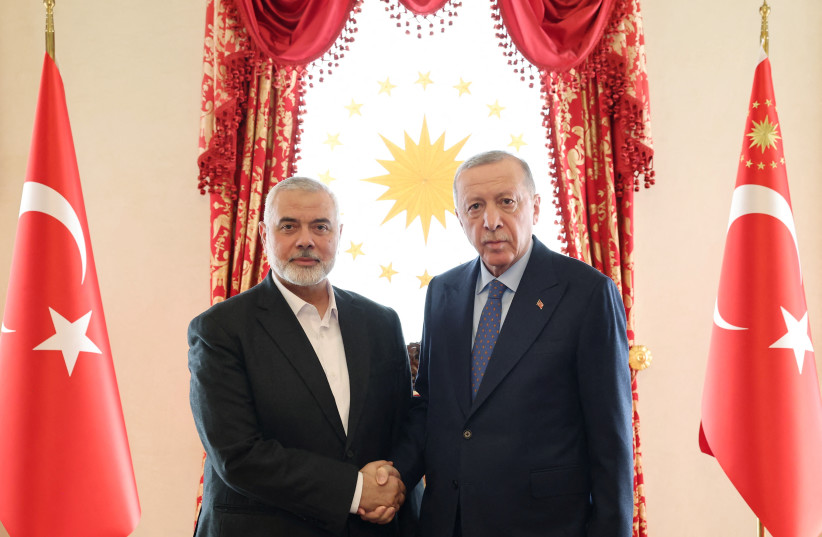The Gulf Cooperation Council held a meeting focusing on Yemen in Qatar on Sunday. Saudi Foreign Minister Prince Faisal bin Farhan bin Abdullah attended the meeting, which was chaired by Qatari Prime Minister and Foreign Minister Sheikh Mohammed bin Abdulrahman Al Thani.
The discussions focused on the Houthi attacks on shipping in the Red Sea.
Talks focus on Houthi attacks
“The GCC reiterated its support for all initiatives aimed at achieving a comprehensive political solution to the Yemeni crisis, based on three key references: the GCC Initiative and its implementing mechanism, the outcomes of the National Dialogue Conference, and UN Security Council Resolution 2216,” Saudi-based Al Arabiya news channel reported.
There was a great deal of focus placed on Gulf ties with Turkey.

The ministers also "addressed the latest regional and international developments, notably the conflict in Gaza and Rafah city,” the report said. “They underscored the need for an immediate ceasefire and ensuring the security of relief corridors to deliver humanitarian aid.”
A report on the UAE-based Al Ain news site also highlighted the importance of the meeting. There were talks “related to joint Gulf action, and topics related to dialogues and strategic relations between GCC countries and global countries and blocs, as well as regional and international developments taking place in the region,” the report said.
The UAE is also continuing to highlight its role in maintaining a floating hospital in El-Arish, Egypt, that is helping Gazans.
“The 100-bed facility was docked in El-Arish last February as part of the UAE’s humanitarian campaign – known as Gallant Knight 3 – to provide a vital lifeline to the people of Gaza,” Saudi-based, English-language daily newspaper Arab News reported. The hospital provides critical care and complex surgeries for people from Gaza.
“The Emirati Floating Hospital in the Egyptian city of El-Arish continues to provide its therapeutic, surgical, and humanitarian services to our fellow Palestinian residents of the Gaza Strip,” Al Ain reported.
Taken together, the UAE’s role in helping Gazans and the Gulf Cooperation Council meetings illustrate how the Gulf countries continue to play a key role in the region amid crises in various countries. The Gaza war, for instance, has kept Israel from pursuing new diplomatic initiatives in the region.
Meanwhile, many of these countries are moving forward with new ties, such as with Turkey. Ankara is hostile to Israel, and Qatar hosts Hamas. These realities mean that Israel may have an uphill struggle if and when the war in Gaza ends, trying to get back on track with some of the countries in the region.
